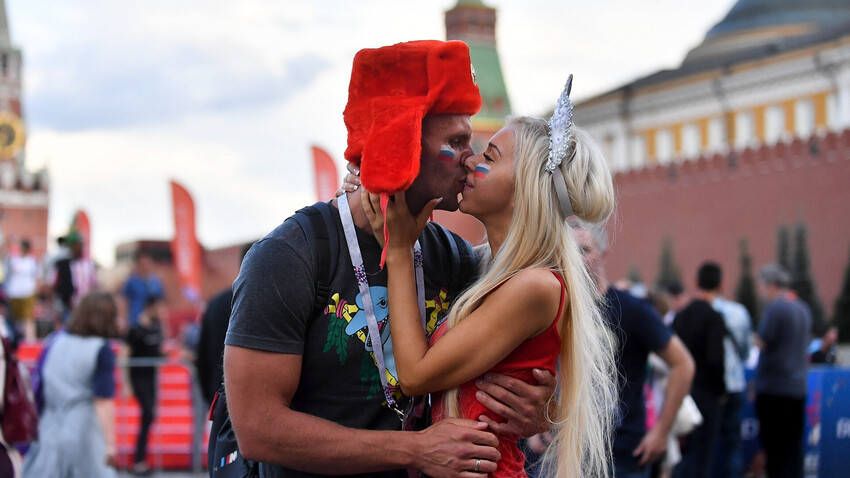
On August 19, 2024, Vladimir Putin signed a decree according to which foreigners who share “traditional Russian spiritual and moral values” will be able to apply for a temporary residence permit in Russia, bypassing the established quota and the requirement of knowledge of the Russian language.
The decree text states that this measure aims to protect human rights and freedoms and to support those who have made a choice in favor of “spiritual, cultural and legal ties with the Russian Federation”.
Let’s take a closer look at what this means in practice.
This is a document that allows a foreigner to live and work in Russia. It is issued for up to three years, after which it is necessary to obtain a residence permit in Russia, leave Russia or leave Russia and re-enter by obtaining a new TRP. The document cannot be renewed for a longer period of time.
Temporary residence permit allows the holder:
Compared to a permanent residence permit, the holders of a temporary residence permit have some limitations. Firstly, in the validity period of the document and secondly, holders of a TRP have the right to work and reside only in the region of Russia to which their TRP is registered to.
Before the new decree, in order to obtain a TRP, in addition to a list of documents, one also needed a document confirming knowledge of the Russian language, Russian history and the basics of Russian legislation. For this purpose, it was necessary to pass an exam in a specialized institution or provide a certificate of education received in Russia or the USSR.
In addition, in order to apply for a TRP, it was also necessary to obtain a special quota from the state. Only a limited category of people could apply for a TRP outside this quota (for example, spouses of Russian citizens or those who entered military service or highly qualified specialists - the full list can be found here).
Traditional values include life, dignity, human rights and freedoms, patriotism, as well as high moral ideals, strong traditional family values, historical memory and others. It also includes Russia's traditional religions, including Christianity, Islam, Buddhism and Judaism.

According to the new decree, from September 1, 2024, TRP applicants will not be included in the annual quota or have to pass exams in Russian language and history. However, only in case the foreigner has decided to move to Russia “on the grounds of non-acceptance of the policy implemented by these states, which imposes destructive neoliberal ideological attitudes that contradict traditional Russian spiritual and moral values, as provided for by the Fundamentals of State Policy for the Preservation and Strengthening of Traditional Russian Spiritual and Moral Values”. Currently, the law does not specify how exactly one will have to prove one's motives.
Applicants will be granted a single-entry visa for three months so that they are able to obtain a TRP in Russia.
Yes, a TRP can be rejected if an applicant:
If a foreign citizen has been denied a residence permit, they have the right to reapply for it, though not earlier than one year from the date of rejection of the previous application.
In addition, a residence permit can be canceled, for the same reasons and also if an applicant:
Read more detailed information about the grounds to deny or cancel a TRP according to Federal Law 'Concerning the Legal Status of Foreign Citizens in the Russian Federation'.
By September 1 2024, the Russian government says it will approve a list of countries that impose destructive neoliberal ideological attitudes at the recommendation of the Foreign Ministry.
“It is highly likely that the list will include countries of the European Union and the West, as a whole. These are countries that support LGBT rights (the movement is recognized as extremist and banned in Russia), same-sex marriage and oppress traditional values,” political scientist Alexander Nemtsev commented to ‘Vedomosti’ newspaper.
Dear readers,
Our website and social media accounts are under threat of being restricted or banned, due to the current circumstances. So, to keep up with our latest content, simply do the following:
If using any of Russia Beyond's content, partly or in full, always provide an active hyperlink to the original material.
Subscribe
to our newsletter!
Get the week's best stories straight to your inbox